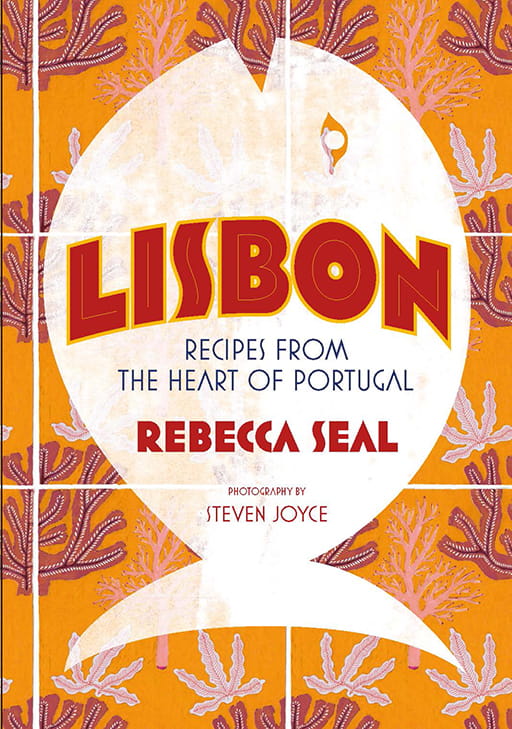
Lisbon: Recipes from the Heart of Portugal
Tom Verde
Rebecca Seal
2017, Hardie Grant London, 9-781-78488-103-0, $35 hb.
Recipes for Indian fish curry or tempura-battered, fried green beans in a Portuguese cookbook might seem like publish publishing errors. That is until one recalls how extensively Portuguese sailors, embarking from Lisbon, encircled the globe during Europe’s Age of Exploration, from the 14th through the 17th century. The Portuguese, explains Seal, introduced tempura to Japan, while medieval Moorish influences “changed [Portugal’s] cuisine completely” through the introduction of “figs, almonds, and coffee.” Rich in historical lore, this cookbook’s 80 recipes highlight Lisbon’s status as a cultural and culinary crossroads. There are some intriguing treats, such as “cat’s tongue” cookies, shaped just like they’re called and “originally French or Dutch,” as well as classics such as fiery piri piri sauce, made with African bird’s eye peppers. Like the Portuguese galleons of the past, this title takes the reader on a far-flung and colorful journey.
You may also be interested in...

In the Aftermath of Rome's Collapse, These Communities Shaped the Mediterranean
Three regions of the post-Roman Mediterranean, from 400 CE to 1000 CE—the Latin West, Byzantium and the early Islamic world—are the focus of this work.
Ancient Egyptians Still Have Things to Teach Us
Socrates and other Greek thinkers admired Egypt for its philosophical tradition. This new translation of a manuscript as old as the pyramids shows us why.
Drawing New Conclusions About the Status of Women in Ancient Egypt
Egyptologist Mariam F. Ayad that gender bias among historians accounts for an underrepresentation of women’s lives in historical studies of Egypt.